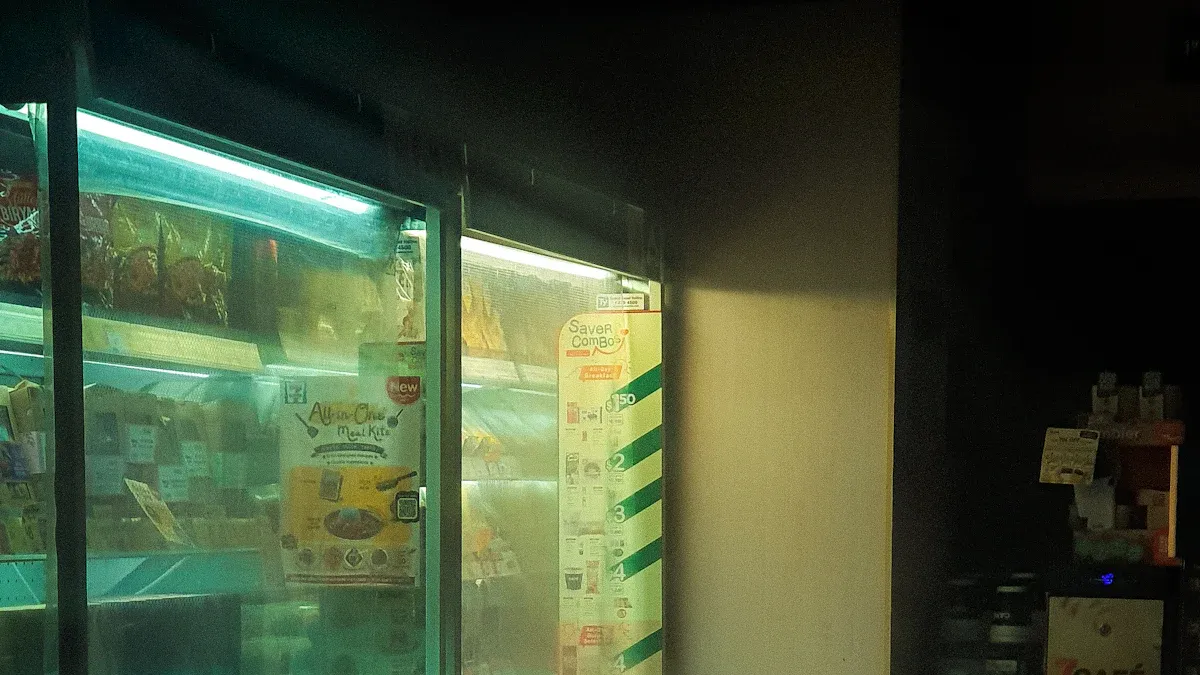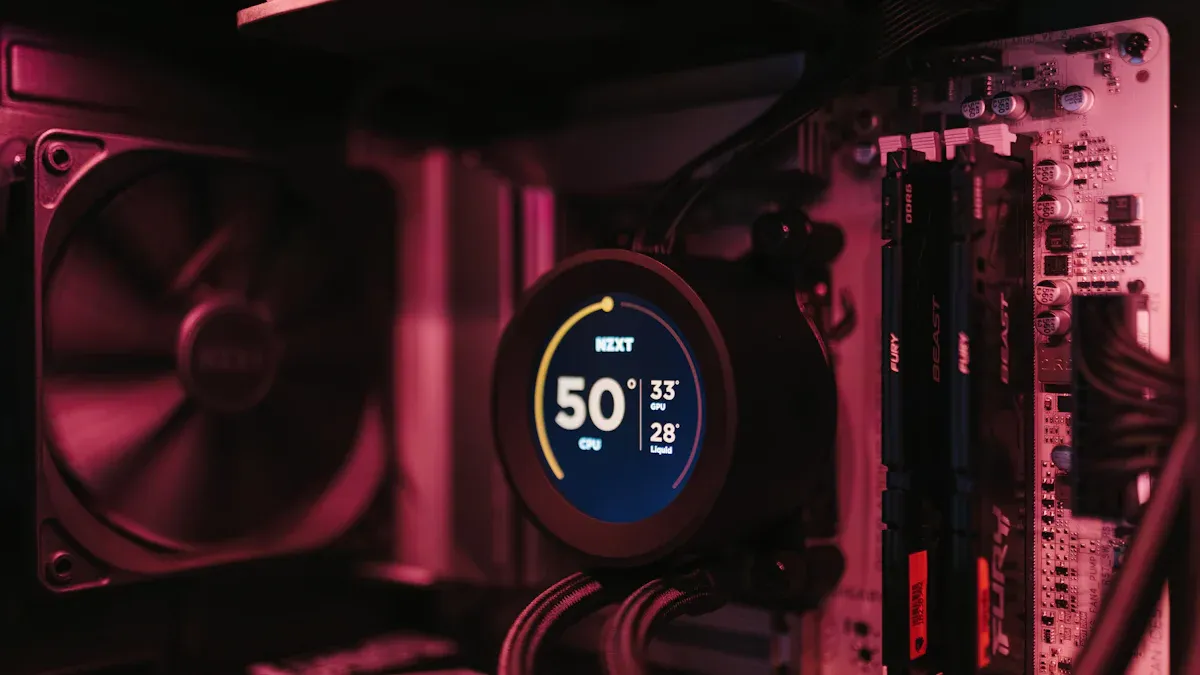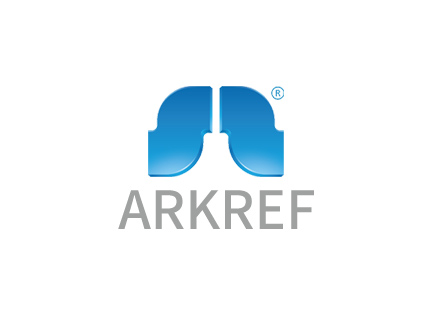Essential Tips for Maintaining Your Walk-In Cooler

You protect your investment by focusing on waik in cooler maintenance. Ignoring your waik in cooler can lead to breakdowns and expensive repairs. Taking care of your waik in cooler early makes a big difference:
Systems run more efficiently and can save up to 15% on energy bills
Clean coils and proper airflow in your waik in cooler can save you thousands each year
Even a waik in cooler needs regular inspections.
Key Takeaways
Taking care of your walk-in cooler often can help you save money on energy bills. You can save up to 15%. It also helps you avoid expensive repairs.
Look for changes in temperature. Listen for strange sounds. Watch for ice building up. This helps you find problems early. It also keeps your food safe.
Clean the coils and filters every month. This helps your cooler use less energy. It also helps your cooler last longer.
Signs of Walk-In Cooler Issues

Temperature Problems
Check your walk-in cooler often for any temperature changes. If it does not stay cold, food can go bad fast. Sometimes, the thermostat might be broken. The door might not close tightly. You may feel the cooler is warmer than normal. The temperature display might show numbers that change a lot.
Unusual Noises
Listen for odd sounds from your walk-in cooler. Rattling, buzzing, or loud humming can mean something is wrong. The motor or fans might have a problem. Parts could be loose or getting old. If you hear new sounds, do not ignore them. Fixing problems early can stop bigger issues.
Ice or Water Build-Up
Ice or water inside your walk-in cooler is a warning. You might see frost on the walls or water on the floor. There are a few reasons this can happen:
Cause of Ice/Water Build-up | Explanation |
|---|---|
Compromised door seal allowing moist air to enter | A damaged gasket does not close tightly, so wet air gets in. |
Frequent or prolonged door openings introducing humidity | Opening the door a lot lets warm, wet air inside, causing ice or water. |
Defrost system malfunction preventing automatic defrosting | If the defrost heater or timer breaks, frost can build up. |
Improperly sealed food containers releasing excess moisture | Food that is not wrapped well can make the cooler more humid and cause ice. |
Tip: Clean up water and check the seals right away to stop mold and damage.
Higher Energy Bills
If your energy bills go up but you use the cooler the same, something is wrong. The cooler might be working too hard. Broken seals, bad thermostats, or blocked coils can cause this. Watch for sudden bill changes and check your cooler for these signs.
Walk-In Cooler Maintenance

Routine Checks
Doing regular checks helps your walk-in cooler work well. These checks help you find problems early. Fixing things early saves money. The most important steps are:
Look at refrigerant levels to keep things cold.
Clean coils and filters so air moves better.
Check door seals and gaskets for cracks or damage.
Make sure thermostats and sensors show the right temperature.
Check drainage and defrost to stop water or ice build-up.
Tip: Make a plan for these checks. Checking every month helps stop breakdowns and keeps your cooler working great.
Cleaning Coils & Filters
Cleaning coils and filters is very important for your walk-in cooler. When you clean them, air moves better. The compressor does not have to work as hard. This means you pay less for energy. Your cooler lasts longer. Here is how cleaning helps:
Improvement Area | Result | Consumer Impact |
|---|---|---|
Energy Efficiency | Compressor runs less | |
Lifespan of Appliance | Stops overheating and damage | Your cooler lasts longer, fewer fixes |
Food Safety | Keeps cooling steady | Less food goes bad, less waste |
Cleaning coils and filters often keeps the temperature even. It also makes the cooler quieter. ENERGY STAR says regular service can make your cooler work up to 20% better. You save money and keep food fresh.
Note: Dirty coils or filters use more energy, up to 25% more. Clean them every month for best results.
Door Seals & Air Gaps
Door seals and air gaps help keep your cooler cold. If seals are cracked, cold air gets out. Your cooler works harder. Here are some good tips:
Check door gaskets often and change them if broken.
Clean seals to keep them soft and working well.
Set the right temperature to stop cold air leaks.
Callout: Bad seals can make bills go up and food spoil. Always check seals as part of your regular care.
Thermostat & Sensor Care
Thermostats and sensors control the cooler’s temperature. If they break, the cooler can get too hot or cold. Calibrate thermostats and sensors often. This stops food loss and keeps bills low. Always look at the display for correct numbers. If numbers look strange, test the sensors or call for help.
Proper Drainage
Good drainage stops water and ice from building up. Blocked drains can cause leaks and mold. Check the drainage system every time you inspect. Make sure water flows out and nothing blocks it. Clean drain lines and trays often. If you see water sitting, fix it fast.
Tip: Good drainage keeps your cooler and food safe. Add drain checks to your regular care plan.
Walk-In Cooler Repair & Troubleshooting
DIY Troubleshooting
You can solve many walk-in cooler repair problems with a few simple steps. Start by checking the breaker panel to make sure it has not tripped. Inspect the plug and outlet for any damage. Use a multimeter to test the wall voltage. You should see 208V, 230V, or 115V. If you can, try plugging your walk-in cooler into another working outlet.
Next, look at the filters and coils. Clean them if you see dirt or dust. Reset any error codes on the control panel. Tighten loose screws you find on the unit. Check the drain lines for clogs and make sure air can flow freely. Sometimes, you may need to replace the front cover or thermostat if you notice problems.
Tip: Regular preventive maintenance helps you avoid many walk-in cooler repair issues before they start.
When to Call for Repair
You should call for walk-in cooler repair if your cooler still does not work after you try these steps. If you hear loud noises, see water leaks, or notice the temperature will not stay steady, you need expert help. Walk-in cooler repair services have the right tools and training to fix big problems. Do not try to fix electrical parts or refrigerant leaks by yourself. These repairs can be dangerous.
If you see ice building up or your energy bills rise fast, call a walk-in cooler repair technician. Fast action keeps your food safe and your cooler running well. Always keep the number of a trusted walk-in cooler repair company handy. Good repair work and regular checks help your cooler last longer.
Long-Term Maintenance Strategies
Seasonal Maintenance
Change how you care for your walk-in cooler each season. In summer, look at the condenser coils more often. Dust and pollen can build up fast. In winter, cold air can cause ice near the door. Make sure the heater works well. Spring and fall are good for checking door gaskets. Clean the drainage system during these times. Doing these checks helps you find problems early.
Tip: Make a checklist for every season. This helps you remember what to check. It keeps your cooler working well.
Recommended Products
Some products make maintenance easier for you. Coil cleaning sprays help remove dirt from coils. Food-safe cleaners keep the inside clean and safe for food. Gasket conditioners help door seals stay soft and flexible. A digital thermometer lets you check the temperature quickly.
Product Type | Purpose |
|---|---|
Coil Cleaner | Gets rid of dust on coils |
Food-Safe Cleaner | Cleans inside surfaces |
Gasket Conditioner | Keeps door seals working well |
Digital Thermometer | Checks if temperature is right |
Service Scheduling
Make a plan for regular maintenance. Write down monthly, seasonal, and yearly tasks on your calendar. Get a professional to inspect your cooler once a year. This helps you find problems before they get worse. Keep a record of all service visits and repairs. This helps you know how your cooler is doing and plan for future needs.
Remember: Regular service helps your walk-in cooler last longer and work better.
Choosing Walk-In Cooler Repair Services
Finding a Reliable Technician
You need a technician who can fix your walk-in cooler. Look for someone with lots of experience and the right certificates. A skilled technician finds problems quickly and fixes them safely. Make sure the technician has worked with commercial coolers for at least four years. Ask if they have an EPA certificate and a driver’s license. The technician should be strong enough to lift heavy parts. They should be able to climb ladders easily. Good customer skills help you feel comfortable during repairs.
Qualification | Description |
|---|---|
Experience | 4+ years of commercial experience as an HVAC and Refrigeration Technician |
Certification | Active or Universal EPA Certification |
License | Valid driver's license |
Skills | Good customer relations, mechanical and troubleshooting skills |
Physical Ability | Can lift up to 50 lbs., climb ladders, work in high places |
Background Check | Passes background check and drug test |
Tip: Always ask to see certificates before you pick a walk-in cooler repair service.
Evaluating Repair Companies
Pick a company that does good walk-in cooler repairs. Start by reading what customers say online. Good reviews mean the company does great work. Bad reviews warn you about problems. Look for ratings higher than 4.5 stars. Customers talk about reliability and service quality. These things help you choose the right company.
Good reviews help you trust the company.
Bad reviews help you avoid bad service.
High ratings (like 4.9 stars) show the company does well.
Customer feedback shows if the company is reliable.
Ask about service guarantees and how fast they respond. A good company answers your questions and explains how they fix things. You should feel sure your walk-in cooler will get the best care.
Checking your walk-in cooler often helps it work well. Fixing problems fast stops big emergencies. Regular care saves money and energy. It also helps your cooler last longer.
Make sure there is good airflow and safe wires.
Leave space so air can move around.
Plan times to check and fix things.
Benefit of Prompt Repair | Explanation |
|---|---|
Stops more damage | Fixing things quickly keeps problems small. |
Helps cooler work better | Repairs on time make your cooler run smoothly. |
Makes cooler last longer | Fast fixes help your cooler stay strong. |
FAQ
How often should you clean the coils in your walk-in cooler?
You should clean the coils every month. Clean coils help your cooler run better and use less energy.
What should you do if your walk-in cooler smells bad?
Check for spoiled food and clean all surfaces. Use a food-safe cleaner. Bad smells can mean mold or bacteria.
Can you fix a broken door seal yourself?
You can replace a damaged gasket with a new one. Make sure the seal fits tightly. If you need help, call a technician.
See Also
Maximize Your Walk-In Chiller's Efficiency With These Tips
A Complete Guide to Selecting the Right Walk-In Cooler
Essential Strategies for Effective Cold Room Temperature Management

